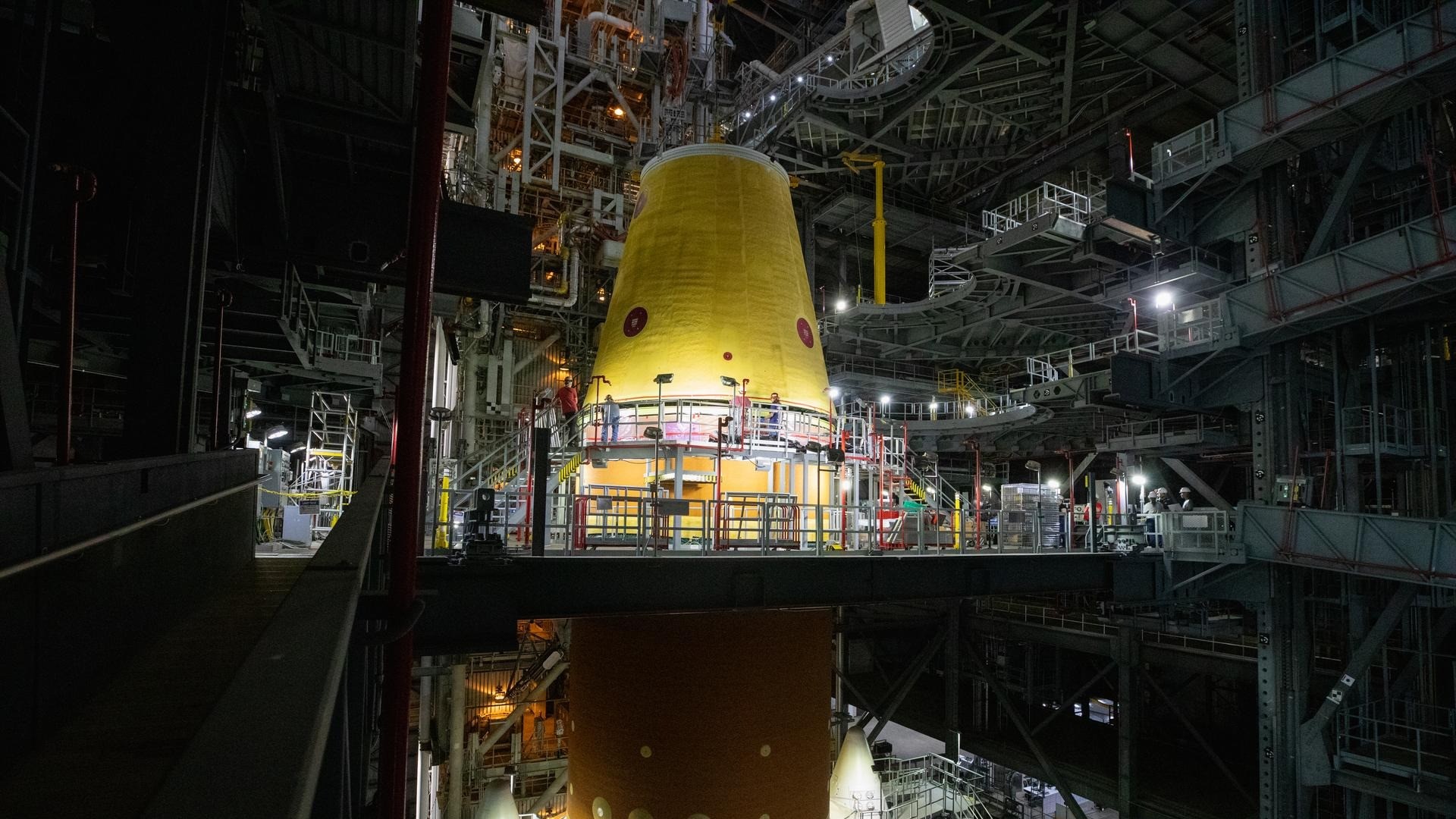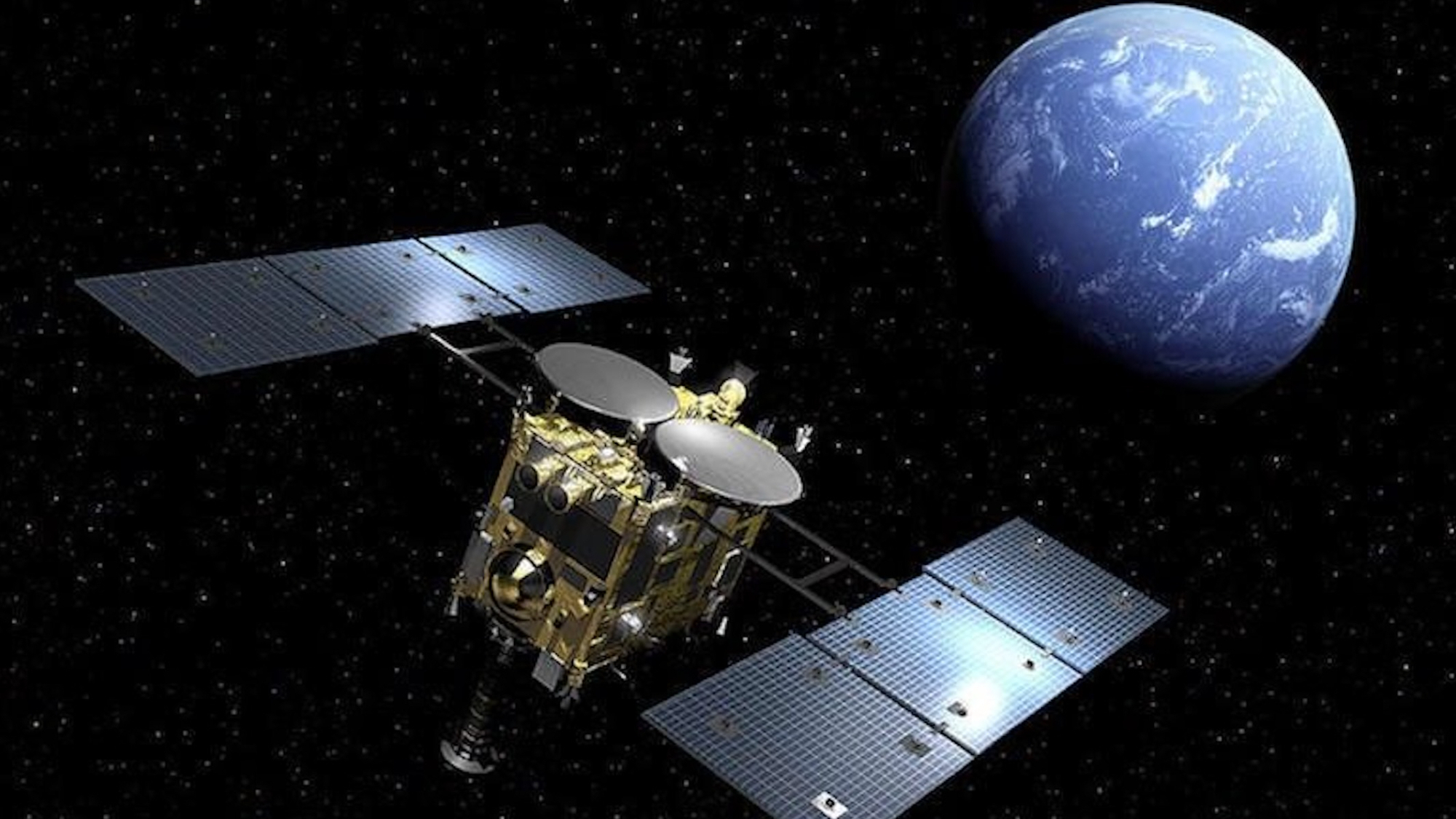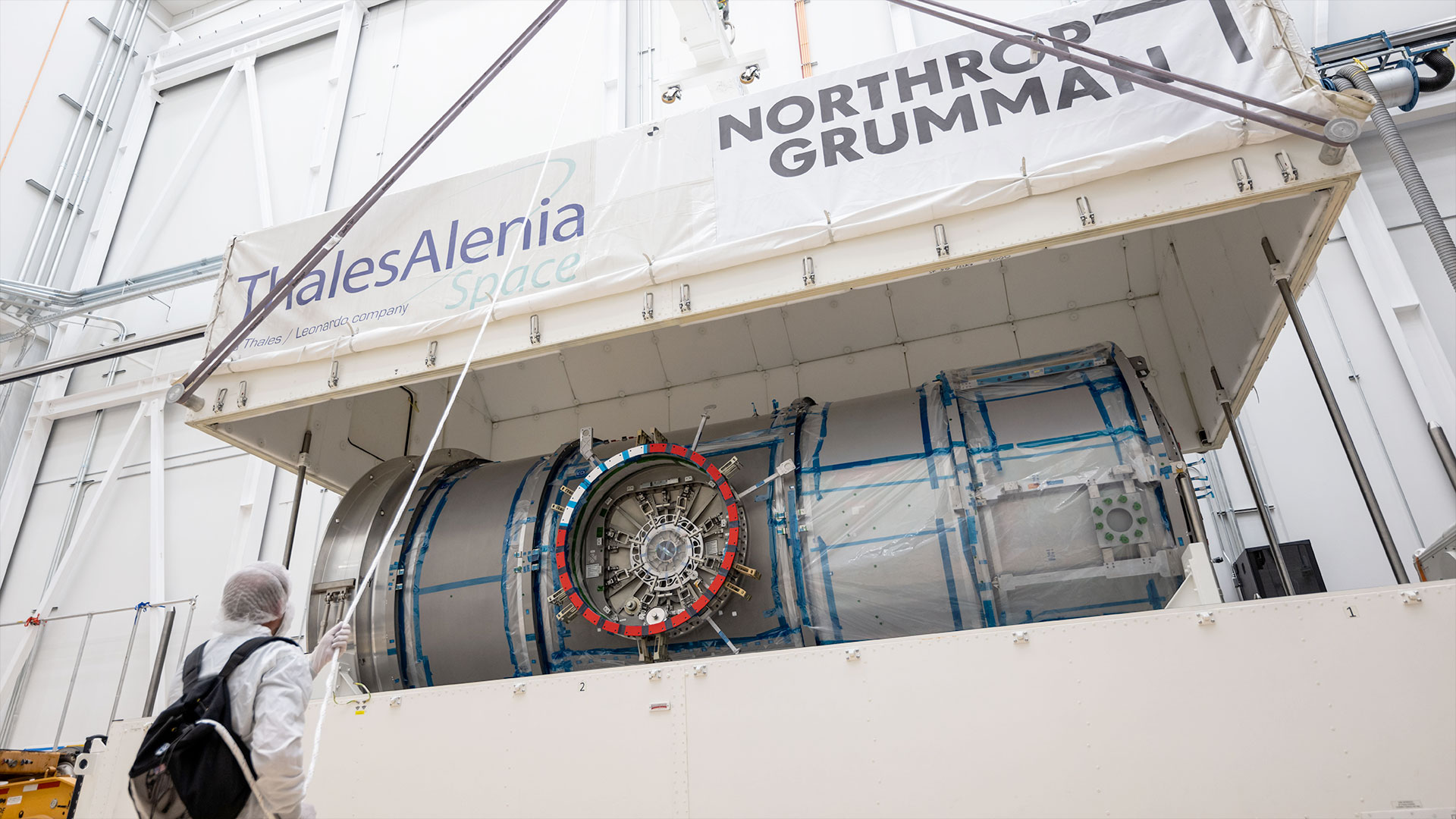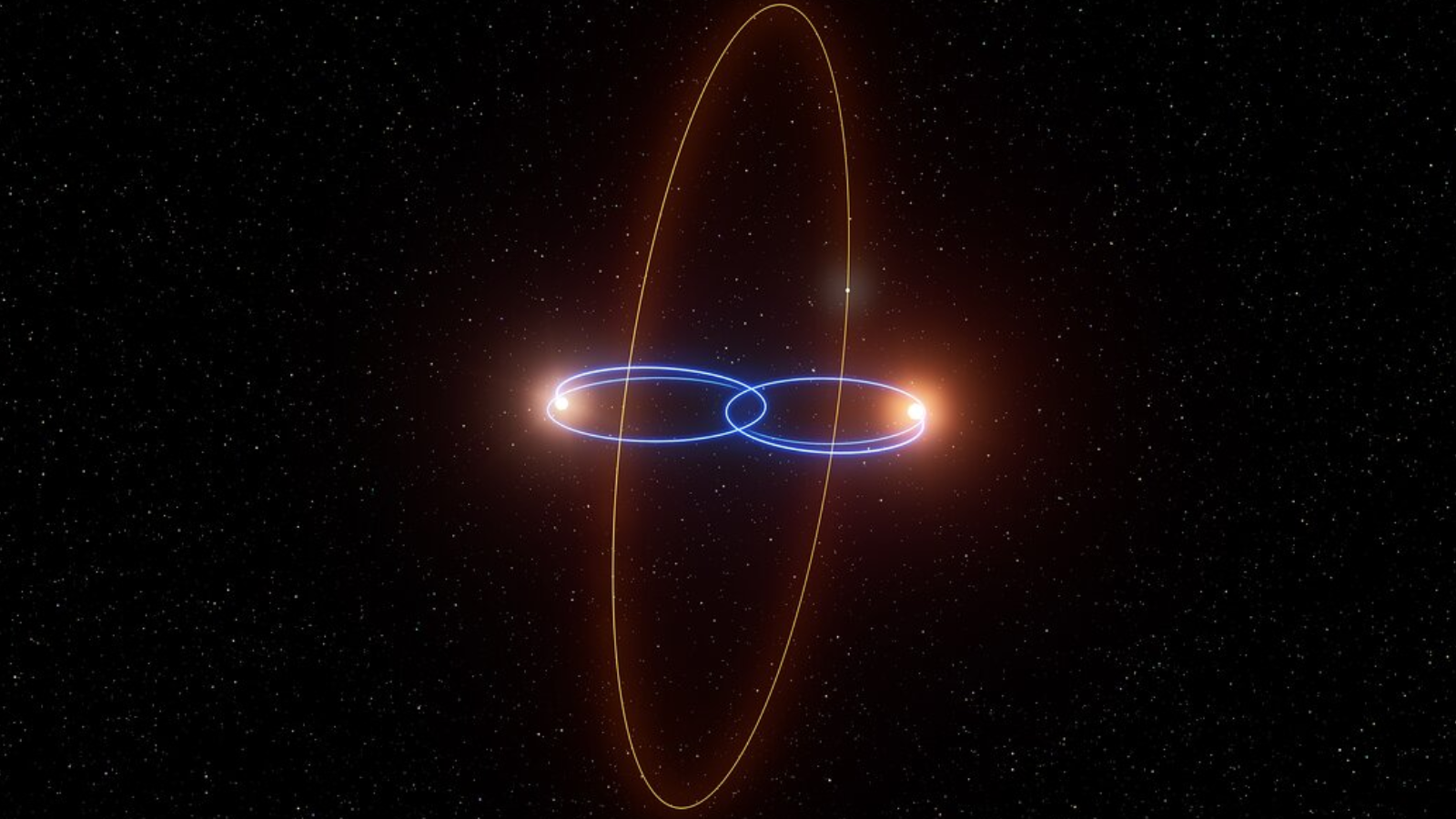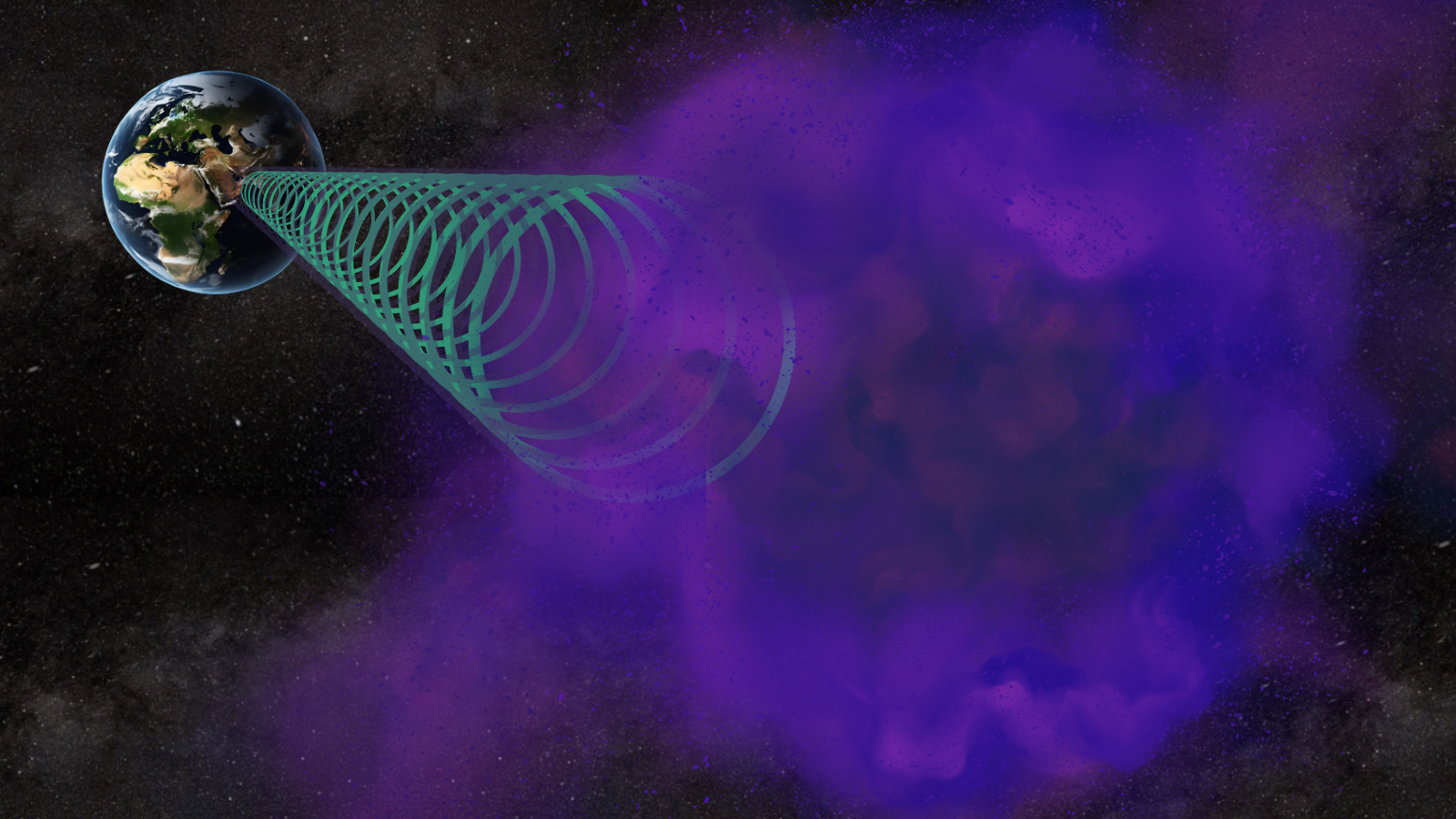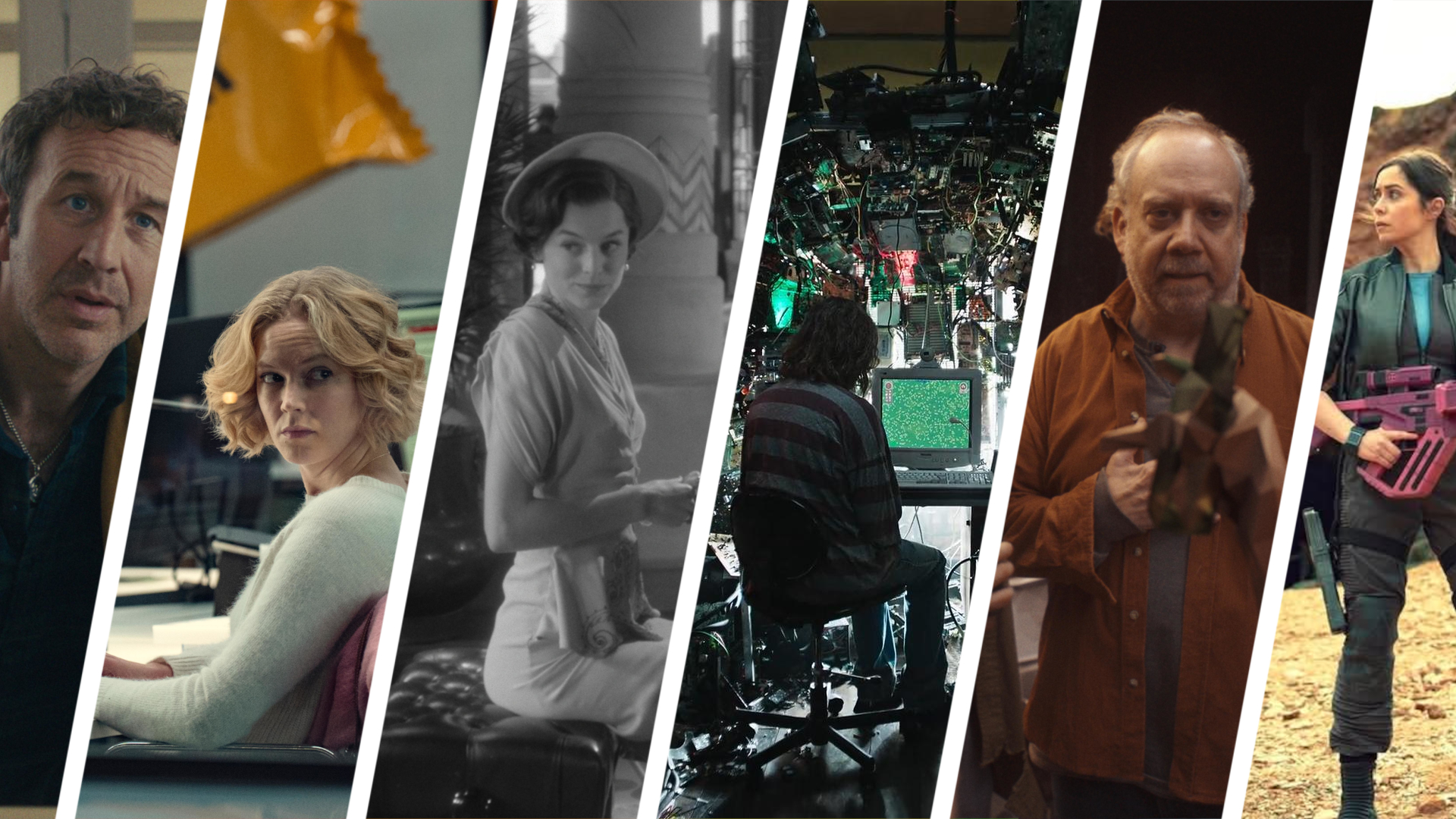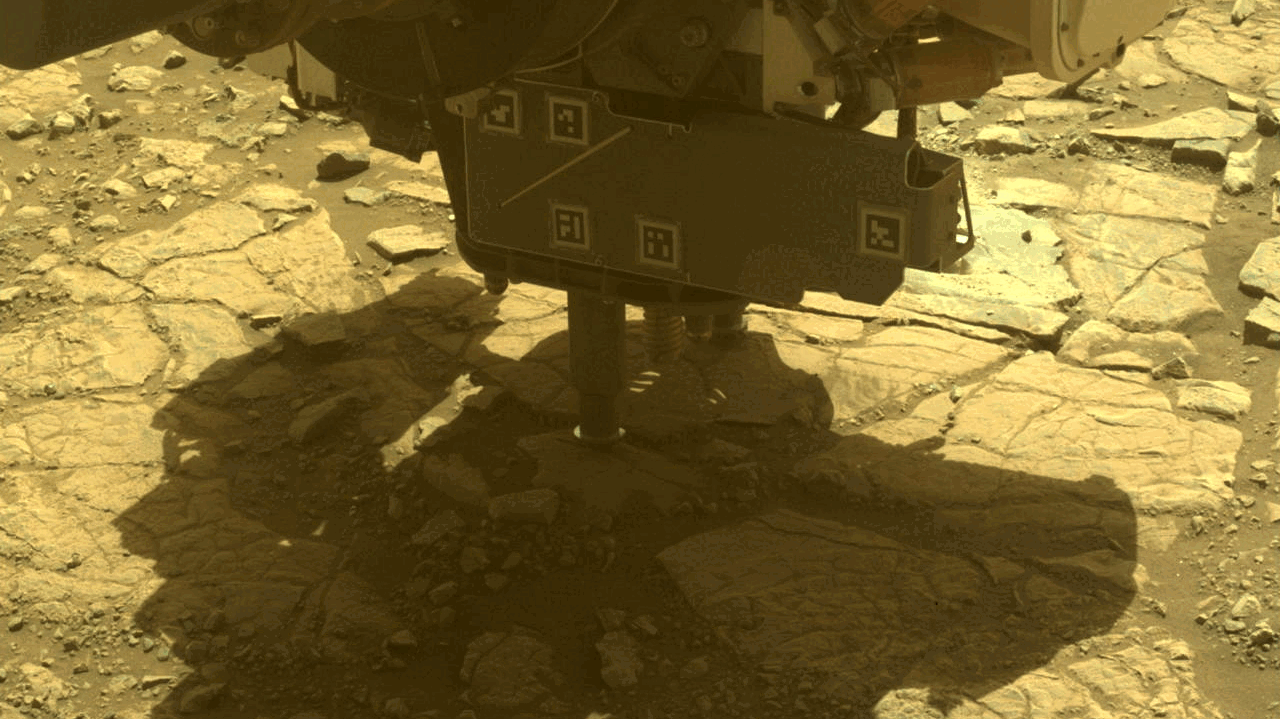Space Mania Hits the Small Screens As PBS Launches Themed Programs
Keep your remote handy this summer.
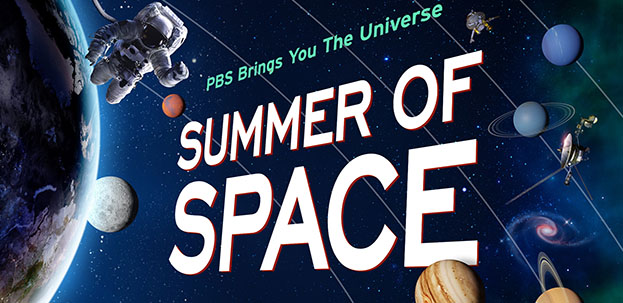
PBS will celebrate a "Summer of Space" to commemorate the 50th anniversary of the first human moon landing by launching six new science and history programs and other multimedia experiences available online.
The headline show is "Chasing the Moon," which premieres July 8 and runs through the 10th at 9 p.m. EDT (8 p.m. CDT) nightly. The series retrieves long-unseen footage from the Apollo 11 mission and the earlier years of the space program to tell the story of how the "space race" between the Soviet Union and the United States helped spur the technological achievement of landing people safely on the moon. The programming is also supported by extensive digital content. (Watch an exclusive clip of "Chasing the Moon" on Space.com.)
"Secrets of the Dead: Galileo's Moon" premieres July 2 at 8 p.m. EDT (7 p.m. CDT). This documentary follows the strange story of Galileo's "Sidereus Nuncius" ("Starry Messenger"), a book that discussed the astronomer's observations of Earth's moon and Jupiter's four largest moons. His work showed that the Earth was not the center of the universe. Only about 150 copies (less than one-third of the original publication run) exist today, and the documentary follows the story of a copy that emerged in 2005 — which was eventually found to be fake.
Related: Apollo 11 at 50: A Complete Guide to the Historic Moon Landing Mission
"Antiques Roadshow: Out of this World" (premieres July 8, 8 p.m. EDT, 7 p.m. CDT) is a special episode of the long-running series focusing on "space-themed treasures" according to PBS. Some of the objects considered will be autographed photos from the NASA space program, a celestial and terrestrial atlas from 1737, and several "Star Trek" artifacts.
"Nova: Back to the Moon" (premieres July 10, 8 p.m. EDT, 7 p.m. CDT) explores the new push to take humanity back to the moon. The program features several scientists and engineers who are working to make human moon landings possible again.
"8 Days: To the Moon and Back" premieres July 17 at 9 p.m. EDT (8 p.m. CDT). In collaboration with the BBC, the show takes a day-by-day look at 1969's Apollo 11 mission, from liftoff on July 16 to returning to Earth on July 24, 1969 — including recreations of events that were never filmed. The reenactments star Rufus Wright ("Rogue One: A Star Wars Story") as Neil Armstrong, the first person on the moon.
Get the Space.com Newsletter
Breaking space news, the latest updates on rocket launches, skywatching events and more!
"Ancient Skies" (premiering July 24 at 8 p.m. EDT or 7 p.m. CDT) delves into the millennia of work that preceded humanity's first flights into space. Over three hour-long episodes, viewers will learn about space from the origins of astronomy, including meeting famous mathematicians and astronomers such as Copernicus and Ptolemy, who mapped the motions and structure of our solar system. The series concludes with discussions about recent discoveries in the solar system and our modern comprehension of the true size of the universe.
"Nova Miniseries: The Planets" (premieres July 24, 9 p.m. EDT or 8 p.m. CDT) will air every Wednesday until Aug. 14. This series examines our solar system in detail and explores how studies of other planets tell the origin story of Earth.
Plenty of additional content is available online as well. "Ready Jet Go! One Small Step" is a one-hour special about astronomy and scientific exploration for kids; it's available on the PBS Kids video app and online.
"Stellar," a six-episode miniseries, debuted on Facebook and Twitter June 20 and is ongoing. Three PBS Digital Studio hosts will bring viewers to space centers, telescope locations and other areas of space research across the United States to show the latest developments in black holes, the hunt for extraterrestrials, and other big questions astronomers face.
PBS also plans several encore presentations of older space-themed programming, including:"American Experience: Space Men" (July 9, 8 p.m. EDT, 7 p.m. CDT) about the Air Force scientists who collected information that would help the first space missions; "Nova: Apollo's Daring Mission" (July 16, 10 p.m. EDT, 9 p.m. CDT) about the first orbital mission around the moon, Apollo 8, which helped make future moon landings possible; "A Year in Space" (July 13 at 10 p.m. EDT, 9 p.m. CDT and July 17, 8 p.m. EDT, 7 p.m. CDT about the 12-month mission of NASA astronaut Scott Kelly on the International Space Station; "Beyond A Year in Space" (July 30, 10 p.m. EDT, 9 p.m. CDT) follows Kelly's recovery on Earth after landing and the new generation of astronauts preparing for space missions; "The Farthest: Voyager in Space" (July 31, 10 p.m. EDT, 9 p.m. CDT) about the NASA Voyager missions, which flew past the outer planets of our solar system and crossed into interstellar space; and "Nova: Pluto and Beyond" (Aug. 14, 8 p.m. EDT, 7 p.m. CDT) about New Horizons, which flew past both Pluto and Kuiper Belt object MU69 on its quest to learn more about the outer solar system.
- Catch These Events Celebrating Apollo 11 Moon Landing's 50th Anniversary
- NASA's Historic Apollo 11 Moon Landing in Pictures
- Reading Apollo 11: The Best New Books About the US Moon Landings
Follow Elizabeth Howell on Twitter @howellspace. Follow us on Twitter @Spacedotcom and on Facebook.
Join our Space Forums to keep talking space on the latest missions, night sky and more! And if you have a news tip, correction or comment, let us know at: community@space.com.

Elizabeth Howell (she/her), Ph.D., was a staff writer in the spaceflight channel between 2022 and 2024 specializing in Canadian space news. She was contributing writer for Space.com for 10 years from 2012 to 2024. Elizabeth's reporting includes multiple exclusives with the White House, leading world coverage about a lost-and-found space tomato on the International Space Station, witnessing five human spaceflight launches on two continents, flying parabolic, working inside a spacesuit, and participating in a simulated Mars mission. Her latest book, "Why Am I Taller?" (ECW Press, 2022) is co-written with astronaut Dave Williams.



